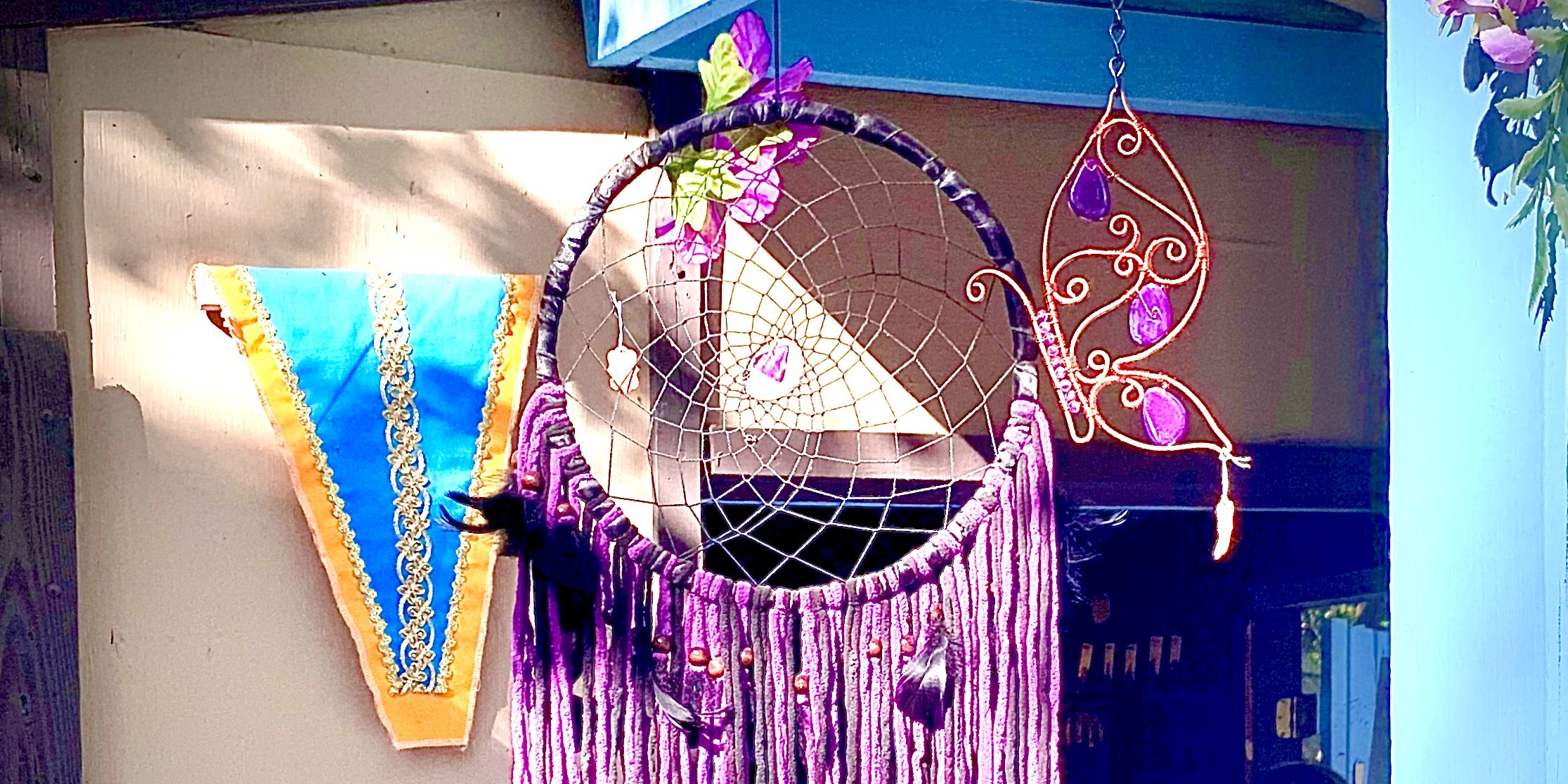On October 14th, the Haskell and Lawrence communities celebrated “Indigenous People’s Day”, meanwhile, “Discovery Day” was being celebrated by knights, medieval folk, faeries, Norsemen, pirates and more at the Kansas City Renaissance Festival. Derived from the Discovery Doctrine, “Discovery Day” celebrates Christian colonization and the sublimation of non-Christian communities around the world.
Since the Renaissance Festival romanticizes the Middle Ages for entertainment, it dismisses the trauma endured by cultures and communities affected by colonialism; many groups like the Native Americans still see the effects today. The majority of Native communities were forced to relocate because of colonization, and the “Discovery Day” celebration took place on the seized lands of the Wazhazhe [Osage], Kaw [Kansa], and the Očeti Šakówiŋ [Sioux] because of it (native-land.ca). The festival also appropriated many symbols of Native American culture. “New Age” shops were selling two-foot dream catchers wrapped in bright blue and purple terrycloth yarn with flowers, feathers, and gems in the webbing; apothecaries monetized the practices of smudging, selling kits of white sage alongside abalone shells. One fantasy costumer in a dark cloak had a magic staff with a dream catcher hanging off the end tying Native American spirituality to magic.
Other groups were also subject to the racism of the festival. Many colonized cultures were represented at the fair as a sort of “silk road.” Festivalgoers could find Japanese umbrellas, throw “ninja stars”, smoke hookah, and ride camels. The most prominent displays of appropriation were among the Roma, who were pejoratively referred to as gypsies in many shops. These shops sold “Gypsy Coin Belts” that were worn by many women out of context for belly dancing; they were typically worn over short-shorts or part of a woman’s pirate costume. The Roma have been and continue to be an oppressed group that suffered during the Renaissance; they have been victims of genocide, and continue to be persecuted today.
The Renaissance was the era of colonialism. The combination of the effects of colonialism and a romanticized history today destroys visibility of indigenous people and culture. Context and identity is being taken away, and is on display at the Kansas City Renaissance Festival.
For those interested in writing the festival to advocate for the change of “Discovery Day” please contact: office@kcrenfest.com
Featured image by Jared Nally.

